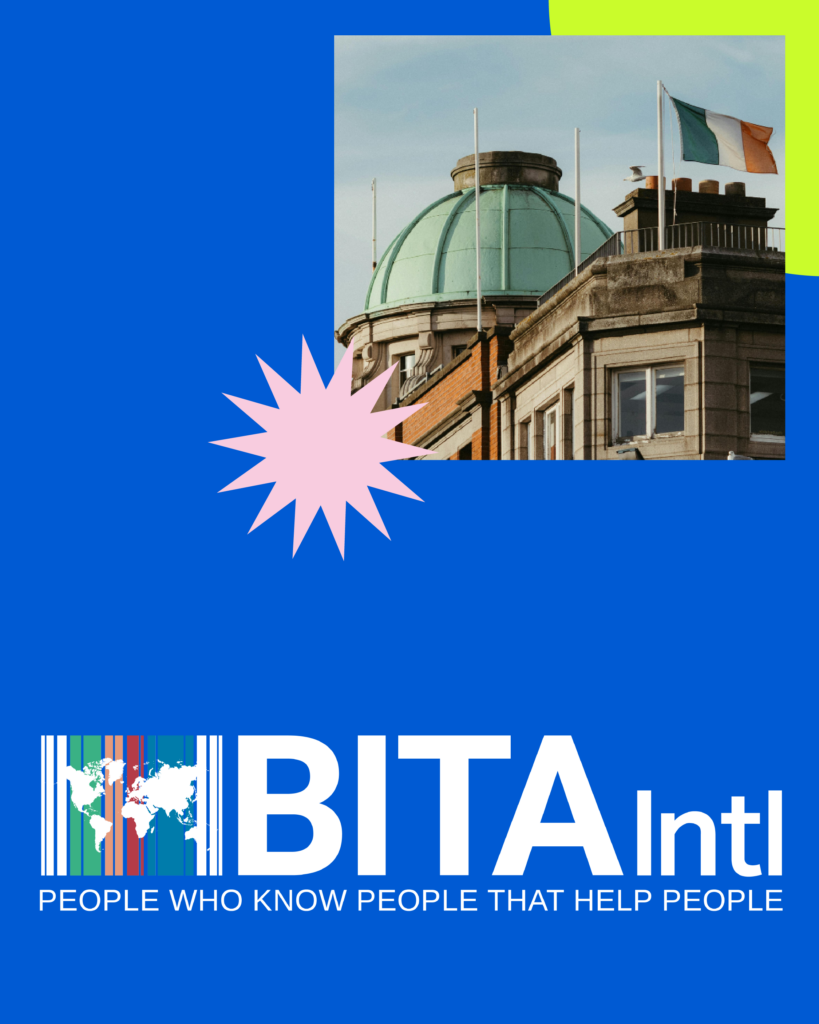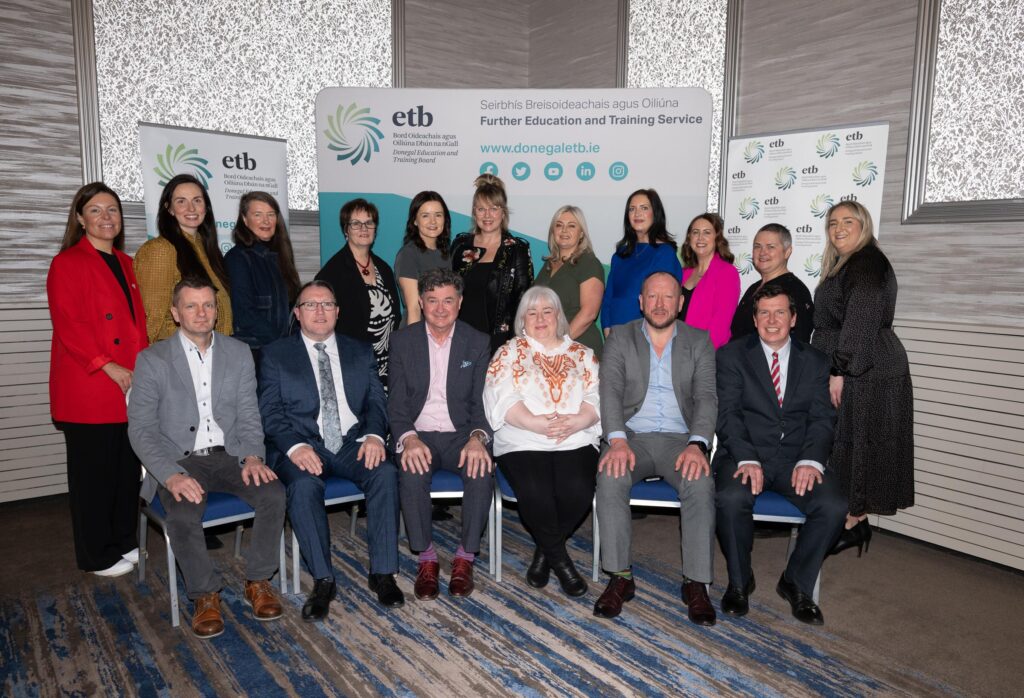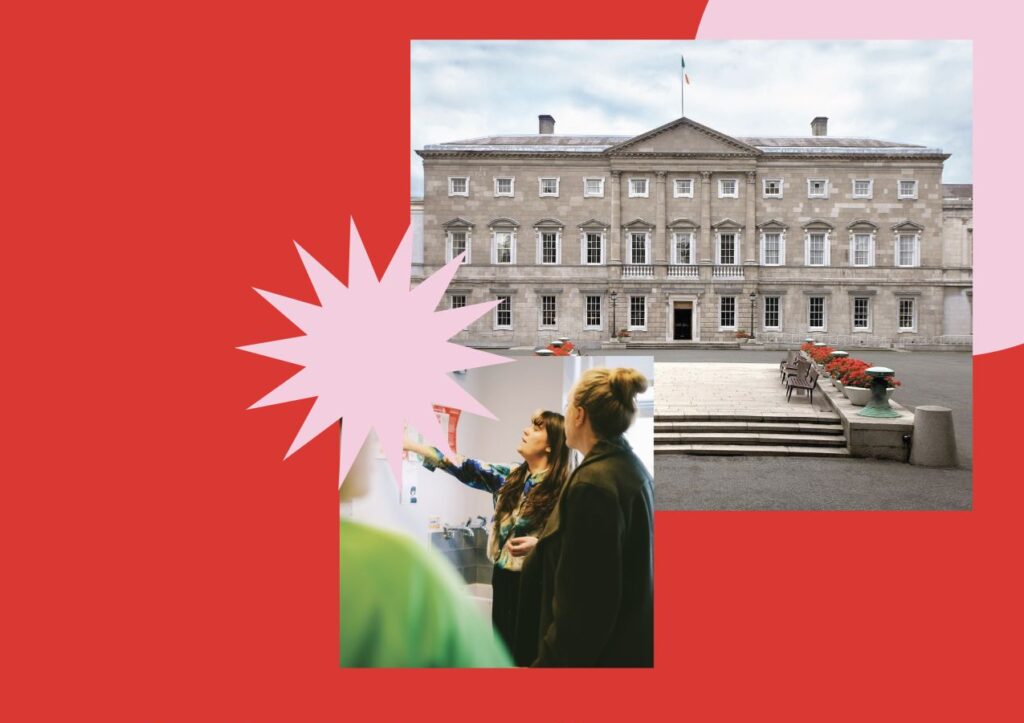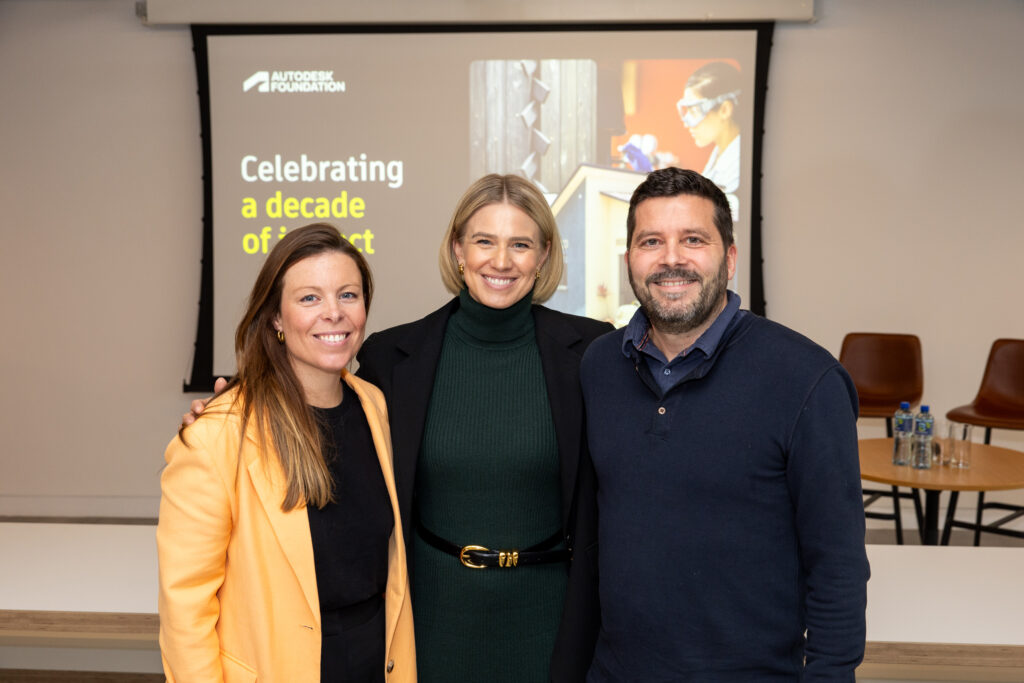Couldn’t make our Mentor Kick-off Session? Here are some Tips and Takeaways from our chat with B!G Idea returning Mentor, Cormac O’Connaire from Design Partners.
Takeaways
→ Bear in mind that these are students and many of them haven’t even heard about a creative process before. They are already just getting so much joy from being introduced to the creative process and learning skills like critical thinking and creative problem solving.
→ The B!G Idea is different. It’s not like mentoring a student professional or an intern where you have lots of time and are face to face. Everyone in the Mentor group is going to have their own personal experience and that’s what is really valuable. Think of B!G Mentoring as an injection of input from an expert point of view, of encouragement and guidance that will be facilitated by these amazing teachers.
Tips
→ Make sure that feedback is actionable, it’s filtered to highlight what matters most and that it is really, really clear. Instead of saying ‘try doing some more research to find better solutions’ focus it in.
→ Try to avoid design buzzwords or industry terms. If you do use them then just make sure that you at least explain what they mean in very simple terms.
→ It can be helpful to write out your feedback in a separate document and come back to it later. When you come back to it try stepping into the shoes of the students that will be reading it.
→ What if the solution in the student pitch doesn’t quite answer the problem? As a Mentor, think how can I, in a very encouraging and positive way, tell them they might need to go back to the drawing board? Start by being really optimistic and praising them for what they have done. The identify a problem area to solve and encourage them to enjoy the process of looking for other solutions.
→ You may find that students often become obsessed with their first good idea. For students, this is often due to a lack of confidence in their creative abilities and the fear of failure. Sometimes teaching the basics of the creative process helps them to develop their creative problem-solving skills and to look a bit broader. It’s all about encouraging them to explore other areas, other ideas, getting them excited about the possibilities of what that might be, and of course, helping set their ambitions high.







